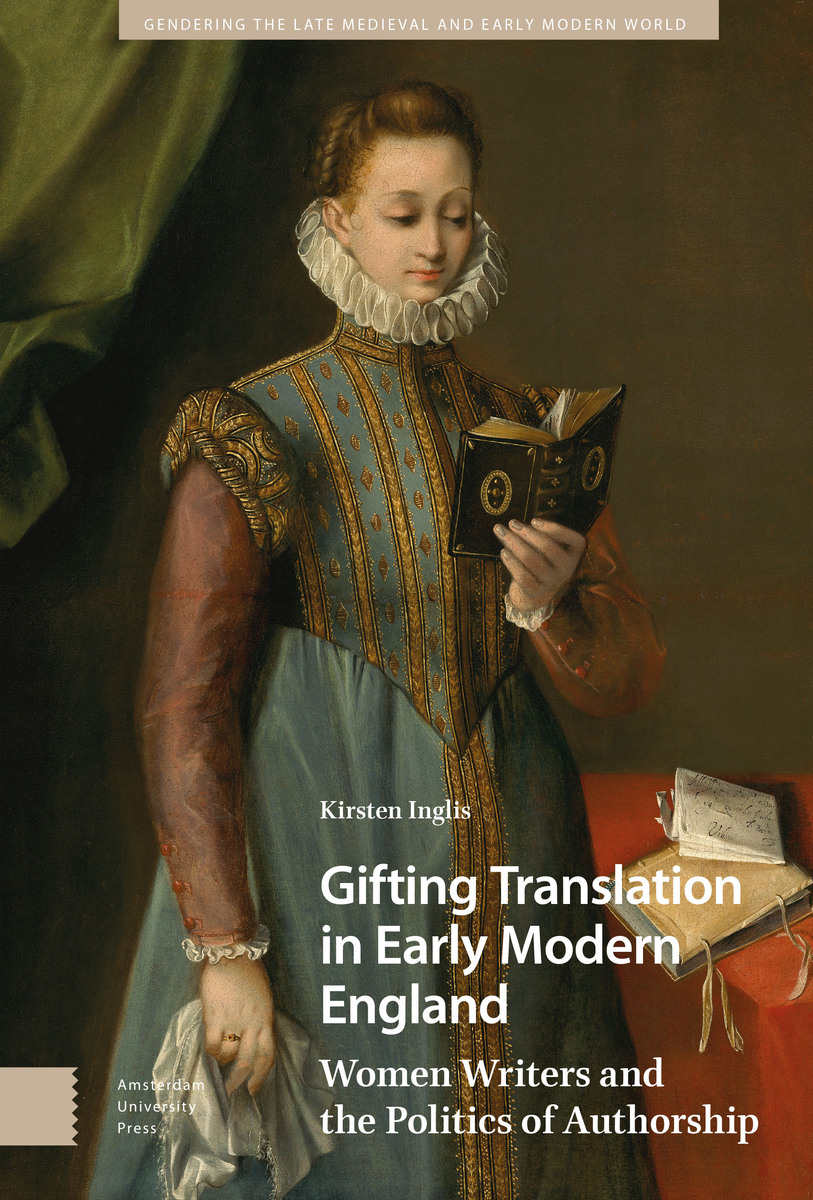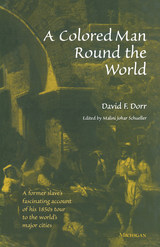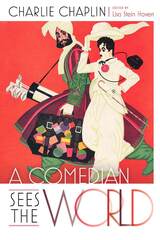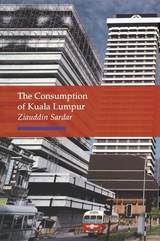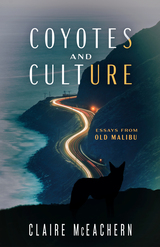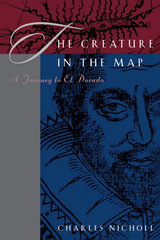Gifting Translation in Early Modern England: Women Writers and the Politics of Authorship
Amsterdam University Press, 2023
Cloth: 978-94-6372-120-2 | eISBN: 978-90-485-4296-3 (PDF)
See other books on: Authorship | Early Modern England | Renaissance | Subjects & Themes | Women Writers
See other titles from Amsterdam University Press
Cloth: 978-94-6372-120-2 | eISBN: 978-90-485-4296-3 (PDF)
ABOUT THIS BOOK | AUTHOR BIOGRAPHY | TOC
ABOUT THIS BOOK
Translation was a critical mode of discourse for early modern writers. Gifting Translation in Early Modern England: Women Writers and the Politics of Authorship examines the intersection of translation and the culture of gift-giving in early modern England, arguing that this intersection allowed women to subvert dominant modes of discourse through acts of linguistic and inter-semiotic translation and conventions of gifting. The book considers four early modern translators: Mary Bassett, Jane Lumley, Jane Seager, and Esther Inglis. These women negotiate the rhetorics of translation and gift-culture in order to articulate political and religious affiliations and beliefs in their carefully crafted manuscript gift-books. This book offers a critical lens through which to read early modern translations in relation to the materiality of early modern gift culture.
See other books on: Authorship | Early Modern England | Renaissance | Subjects & Themes | Women Writers
See other titles from Amsterdam University Press
